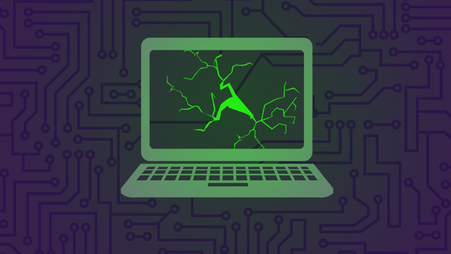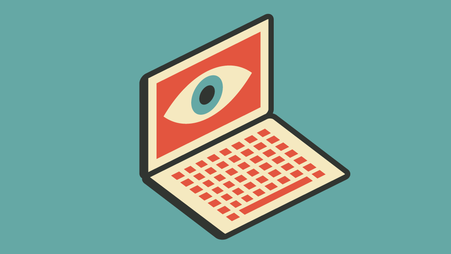Welcome to “Ask a security trainer,” the column where the Digital Security Training team at Freedom of the Press Foundation (FPF) answers your burning questions at the intersection of journalism and security. Submit yours here! Let’s jump right into this week’s question.
Dear DST,
I’m concerned about using biometrics on my phone, especially Face ID. Doesn’t my phone send that information to Apple’s iCloud? Or back it up some other way?
Thank you for your help!
Apple of My Eye
Dear Apple of My Eye,
This is such a great question. It gets right to the heart of the growing concern about just how often personal data is sacrificed in the name of convenience. And it also suggests some room for demystification for pretty much everyone.
Yes, it’s convenient to be able to access data across devices, but there is a reason to be concerned about the exposure of that data when using a service like iCloud to back things up and sync across those devices.
Fortunately, in the case of Face ID, you can have your cake and eat it too. Face ID offers the advantage of convenience while also ensuring that Face ID data — basically a mathematical representation of your face – is managed locally on your phone with security in mind. So, to make an in-depth answer short, your iPhone is not able, on a technical level, to send a picture of your face to iCloud (or anywhere else for that matter).
The reason for this, which I will keep brief, is that Apple designed the chips in its phones (starting with iPhone X) to include what it calls the Secure Enclave. You can think of a Secure Enclave as a heavily guarded VIP section on the chip inside of your phone that protects sensitive Face ID data from being accessible by the rest of the phone’s operating system. In addition to being completely isolated inside your phone, that data is encrypted, including what’s gleaned from the initial scan of your face.
There are, however, times when you might choose the safety of the data on your phone over the convenience of Face ID. For example, it might make sense to turn off the feature if you’re reporting from the field, particularly during a protest or any other high-risk event. Should law enforcement attempt to access the contents of your phone, your passcode provides a better means of legal protection than biometrics. My colleague Caitlin Vogus explains this very well in a conversation we had in the run-up to the 2024 election, if you’d like a legal perspective.
Thank you again for this excellent question,
Davis Erin Anderson





